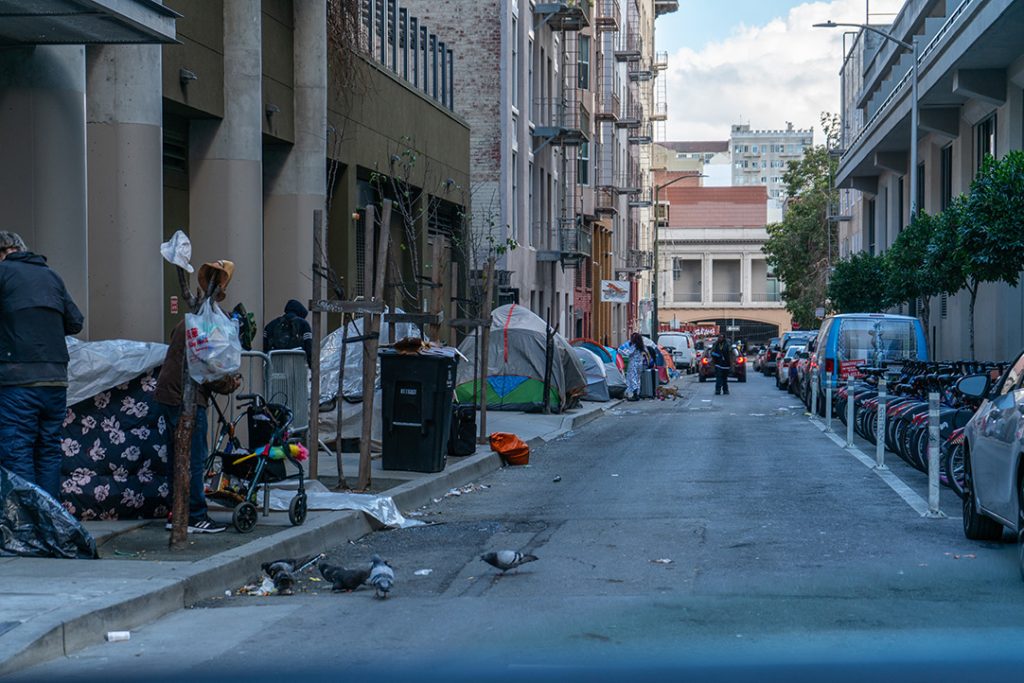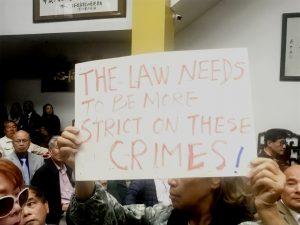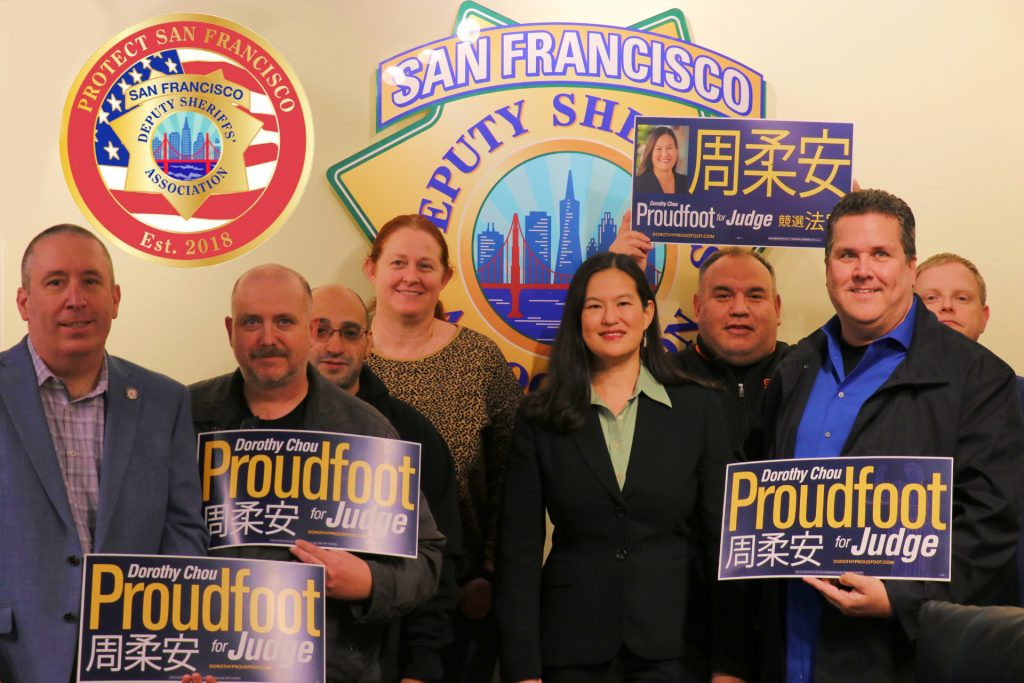San Francisco’s progressive justice system, designed to create a more equitable society through extensive reforms, has instead led to catastrophic outcomes. The parallels between these policies and Marxist ideology are undeniable, and their failures are stark and undeniable. The city’s approach has exacerbated homelessness, addiction, and crime, creating a public safety crisis that continues to spiral out of control.
An Explosion of Homelessness and Drug Addiction
Despite the city’s substantial financial investment, homelessness in San Francisco has skyrocketed. From 2016 to 2021, spending on homelessness surged by over 500%, reaching $1.1 billion in 2021 alone. Yet, the homeless population grew by 64% during this same period (Hoover Institution) (The San Francisco Standard). This alarming rise highlights the ineffectiveness of the city’s strategies, which echo Marxist ideals of extensive social support without accountability or practical results.
The progressive justice system’s approach to drug addiction, focusing on harm reduction rather than recovery, has led to disastrous outcomes. San Francisco now has one of the highest drug overdose rates in the country, with 80 deaths per 100,000 residents. In 2021, the city saw 806 overdose deaths, a 24.5% increase from the previous year (The San Francisco Standard). Providing clean needles and safe injection sites has not addressed the root causes of addiction but has instead facilitated ongoing substance abuse and public health crises.
Skyrocketing Crime and Public Safety Concerns
San Francisco’s policies of decriminalization and leniency for nonviolent offenses, deeply influenced by Marxist views on systemic oppression, have led to soaring crime rates. Proposition 47, which reclassified certain nonviolent crimes from felonies to misdemeanors, has resulted in increased repeat offenses and a pervasive sense of lawlessness (The San Francisco Standard).
The rise in property crimes, such as shoplifting and car break-ins, has left residents feeling unsafe and disillusioned with the city’s governance. This aligns with Marxist critiques of the existing legal framework but demonstrates that the progressive approach has failed to implement effective alternatives to ensure community safety while addressing systemic issues.
Financial Mismanagement and Ideological Failures
The “homeless-industrial complex” in San Francisco is a glaring example of financial mismanagement reminiscent of failed Marxist economic policies. Billions of dollars are funneled into nonprofits and government agencies without producing significant results. Instead of alleviating homelessness and addiction, the funding perpetuates these crises, with resources often being misallocated or poorly managed (The San Francisco Standard).
This mismanagement mirrors Marxist critiques of capitalism, where resources are viewed as being controlled by a few, leading to inefficiency and inequality. However, in San Francisco, the shift towards a collectivist approach has not resolved these problems but has instead created a new form of inefficiency and misallocation of funds.
The Ideological Underpinnings
The failures of San Francisco’s progressive justice system are deeply rooted in its ideological foundations, which bear striking similarities to Marxism:
- Systemic Blame: Progressive policies often attribute homelessness and addiction to systemic failures, such as economic inequality and lack of social support, rather than individual circumstances and choices.
- Redistribution of Resources: Significant financial resources are allocated to addressing homelessness and addiction, much like Marxist ideals of redistributing wealth to achieve equality.
- Collectivist Solutions: The focus on harm reduction and decriminalization represents a collectivist approach, aiming to support the community as a whole but failing to address individual needs effectively.
San Francisco’s progressive justice system, with its roots in Marxist ideology, has failed spectacularly. The city’s experience demonstrates that while systemic reform is essential, it must be coupled with practical, individualized solutions. The focus on systemic blame, extensive resource redistribution, and collectivist solutions has led to a worsening of homelessness, addiction, and crime. To create a safer, more equitable society, policymakers must balance the need for systemic change with effective, targeted interventions that address the root causes of these complex social issues.
The progressive justice system in San Francisco, an experiment in Marxist principles, has proven to be a catastrophic failure, highlighting the need for a comprehensive reassessment and a move towards more practical, effective solutions.



 Mayor London Breed’s strategic defunding of the Sheriff’s Department in San Francisco has ignited concerns among law enforcement officials and citizens alike. Operating under the radar, these silent defunding measures, such as the denial of the longevity incentive proposal on May 15th, 2023, and disproportionate budget cuts, are adversely impacting the department’s staffing levels and compromising public safety. Let’s examine these covert actions and their potential ramifications on the Sheriff’s Department.
Mayor London Breed’s strategic defunding of the Sheriff’s Department in San Francisco has ignited concerns among law enforcement officials and citizens alike. Operating under the radar, these silent defunding measures, such as the denial of the longevity incentive proposal on May 15th, 2023, and disproportionate budget cuts, are adversely impacting the department’s staffing levels and compromising public safety. Let’s examine these covert actions and their potential ramifications on the Sheriff’s Department.
 The alarming increase in crime rates throughout San Francisco can be directly attributed to Mayor London Breed’s misguided ideology of manipulating the jail population, resulting in a concerning number of bed vacancies. Recent revelations shed light on the concerning consequences of this flawed approach and the urgent need for change.
The alarming increase in crime rates throughout San Francisco can be directly attributed to Mayor London Breed’s misguided ideology of manipulating the jail population, resulting in a concerning number of bed vacancies. Recent revelations shed light on the concerning consequences of this flawed approach and the urgent need for change.



